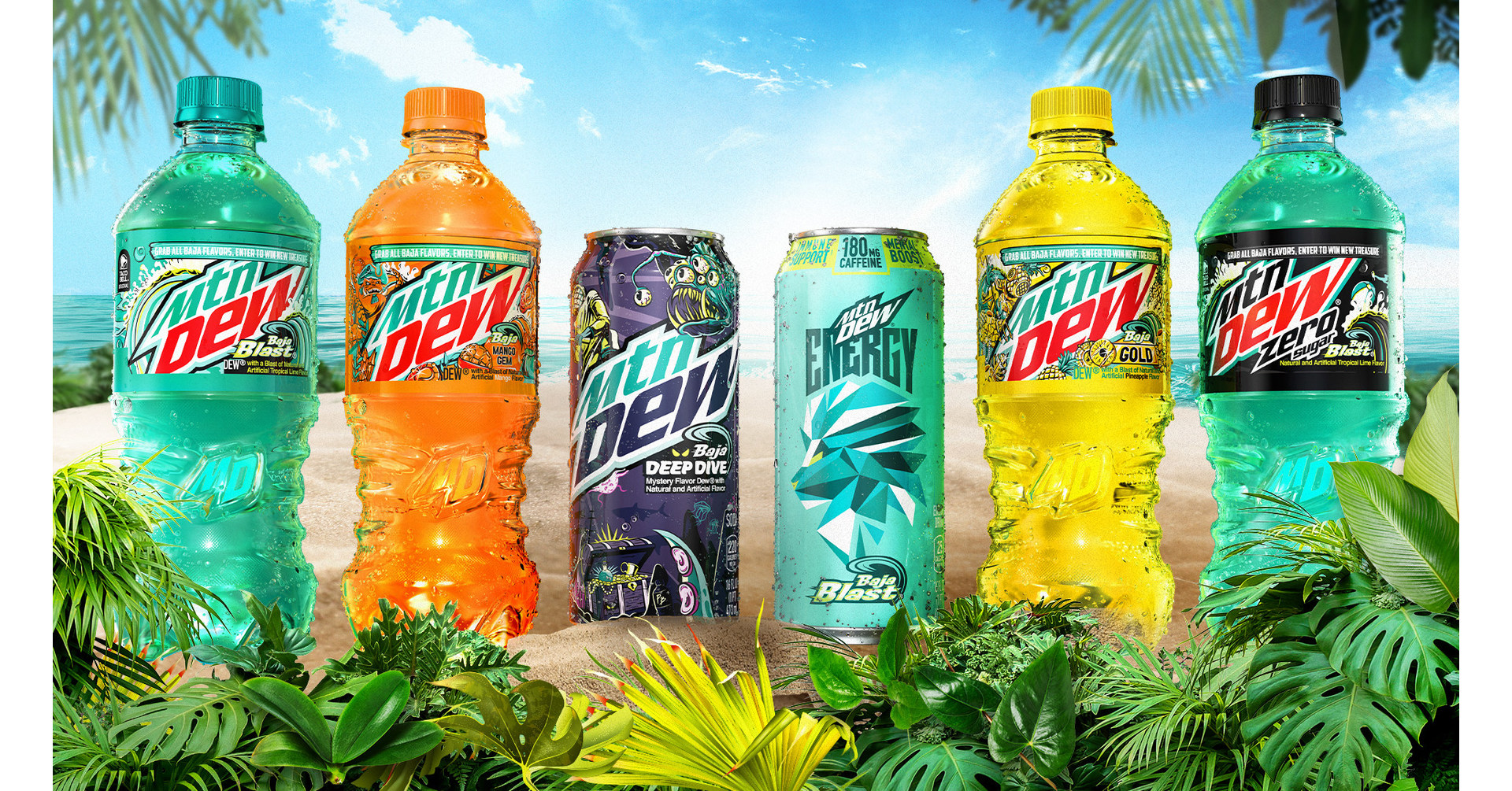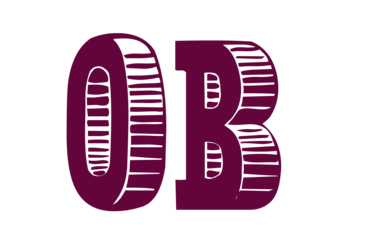Caffeine in Diet Mountain Dew : Unveiling the Energizing Boost
Diet Mountain Dew contains caffeine, which is a natural stimulant found in many drinks. Caffeine in Diet Mountain Dew can provide a temporary energy boost and increase alertness.
It is a popular ingredient in many sodas and energy drinks. The amount of caffeine in Diet Mountain Dew can vary based on the serving size and recipe. Some people may be more sensitive to caffeine and should consume it in moderation.
Understanding the effects of caffeine on the body can help individuals make informed decisions about their beverage choices. In the following paragraphs, we will explore the specifics of caffeine in Diet Mountain Dew and its potential impact on health.
The Power Of Caffeine
Caffeine is a natural stimulant found in beverages like Diet Mountain Dew. When consumed, it has a wide range of effects on the body. Caffeine can boost energy levels, increase alertness, and even enhance exercise performance. However, it can also lead to insomnia and anxiety in some people, and should be consumed in moderation. For many, the taste and pick-me-up provided by Diet Mountain Dew is a key part of their daily routine. Understanding the role of caffeine and being mindful of its effects is essential for maintaining balance and well-being.

Credit: www.amazon.com
Diet Mountain Dew: A Popular Choice
Diet Mountain Dew is a popular choice among consumers looking for a caffeine boost without the calories. With zero calories and the same great taste as regular Mountain Dew, it’s no wonder that many people prefer this diet soda. Additionally, Diet Mountain Dew contains 54mg of caffeine per 12-ounce serving, making it a preferred choice for those needing an energy boost. Moreover, the brief overview of Diet Mountain Dew reveals that consumers are drawn to its refreshing flavor and the added benefit of no sugar.
Exploring Caffeine Content In Diet Mountain Dew
Caffeine is a stimulant found in various beverages and serves as the key ingredient in Diet Mountain Dew. This popular soda contains higher caffeine levels compared to other soft drinks, offering an energy boost for those seeking a jolt. While the exact caffeine content may vary, Diet Mountain Dew typically contains around 54 milligrams of caffeine per 12-ounce serving. It is important to note that the caffeine levels in the Diet Mountain Dew can differ from those in regular Mountain Dew, as the latter contains even higher amounts of caffeine.
When comparing caffeine levels in popular beverages, it is evident that Diet Mountain Dew falls on the higher end of the spectrum. For instance, compared to a standard can of Coca-Cola, which has approximately 34 milligrams of caffeine, Diet Mountain Dew provides a more significant caffeine kick. It is important for consumers to be aware of the caffeine content in their beverage choices, as excessive caffeine intake can have adverse effects on health. It is advisable to consume caffeine-containing beverages in moderation and be mindful of the potential impact on sleep quality and overall well-being.

Credit: www.prnewswire.com
Unveiling The Energizing Boost
Caffeine, the primary stimulant found in Diet Mountain Dew, has long been known for its energy-boosting properties. When consumed, caffeine quickly enters the bloodstream and travels to the brain where it acts as a central nervous system stimulant. This stimulant effect leads to increased alertness and a reduction in fatigue. Caffeine works by blocking the action of adenosine receptors, a neurotransmitter responsible for promoting sleep and relaxation.
Furthermore, caffeine increases the production of dopamine and adrenaline, two neurotransmitters that play a crucial role in promoting wakefulness and enhancing cognitive function. The surge in dopamine levels contributes to improved mood and feelings of pleasure while adrenaline provides an additional jolt of energy.
The effects of caffeine on energy levels can vary depending on individual tolerance levels and the amount consumed. While moderate caffeine consumption can provide a safe and effective energy boost, excessive consumption can lead to negative side effects such as increased heart rate, elevated blood pressure, and restlessness. Therefore, it is recommended to consume caffeine in moderation to enjoy its energizing benefits.
Healthy Consumption And Limitations
Caffeine is a common ingredient found in many beverages, including Diet Mountain Dew. The recommended daily intake of caffeine for adults is 400 mg ^1^, which is equivalent to about four cups of coffee or ten cans of Diet Mountain Dew. It’s important to be mindful of your caffeine consumption and stay within these guidelines to ensure a healthy balance. However, exceeding the recommended intake can have potential side effects such as insomnia, nervousness, and increased heart rate ^2^. If you have any existing health conditions or are sensitive to caffeine, it is advised to consult with your healthcare provider to determine the appropriate caffeine intake for you. It’s always better to be safe and responsible when it comes to caffeine consumption!

Credit: www.amazon.com
Frequently Asked Questions Of Caffeine In Diet Mountain Dew
How Much Caffeine Does Diet Mountain Dew Contain?
Diet Mountain Dew contains approximately 54 mg of caffeine per 12 fluid ounces serving.
Is Diet Mountain Dew Caffeine-free?
No, Diet Mountain Dew does contain caffeine. It has approximately 54 mg of caffeine per 12 fluid ounces serving.
Does Diet Mountain Dew Have More Or Less Caffeine Than Regular Mountain Dew?
Diet Mountain Dew has less caffeine than regular Mountain Dew. Regular Mountain Dew contains approximately 54 mg of caffeine per 12 fluid ounces serving, while Diet Mountain Dew contains the same amount.
How Does The Caffeine In Diet Mountain Dew Affect The Body?
The caffeine in Diet Mountain Dew acts as a stimulant and can increase alertness and improve concentration. It may also temporarily increase heart rate and blood pressure.
Conclusion
To sum up, Diet Mountain Dew is a popular choice for those looking for a caffeine boost without the added calories. With 54 mg of caffeine per 12 oz serving, it provides a similar kick to regular Mountain Dew. However, it’s important to consume in moderation, as excessive caffeine intake can lead to negative side effects.
Whether you enjoy the taste or rely on the energy boost, understanding the caffeine content in Diet Mountain Dew allows you to make an informed choice. Enjoy responsibly!



